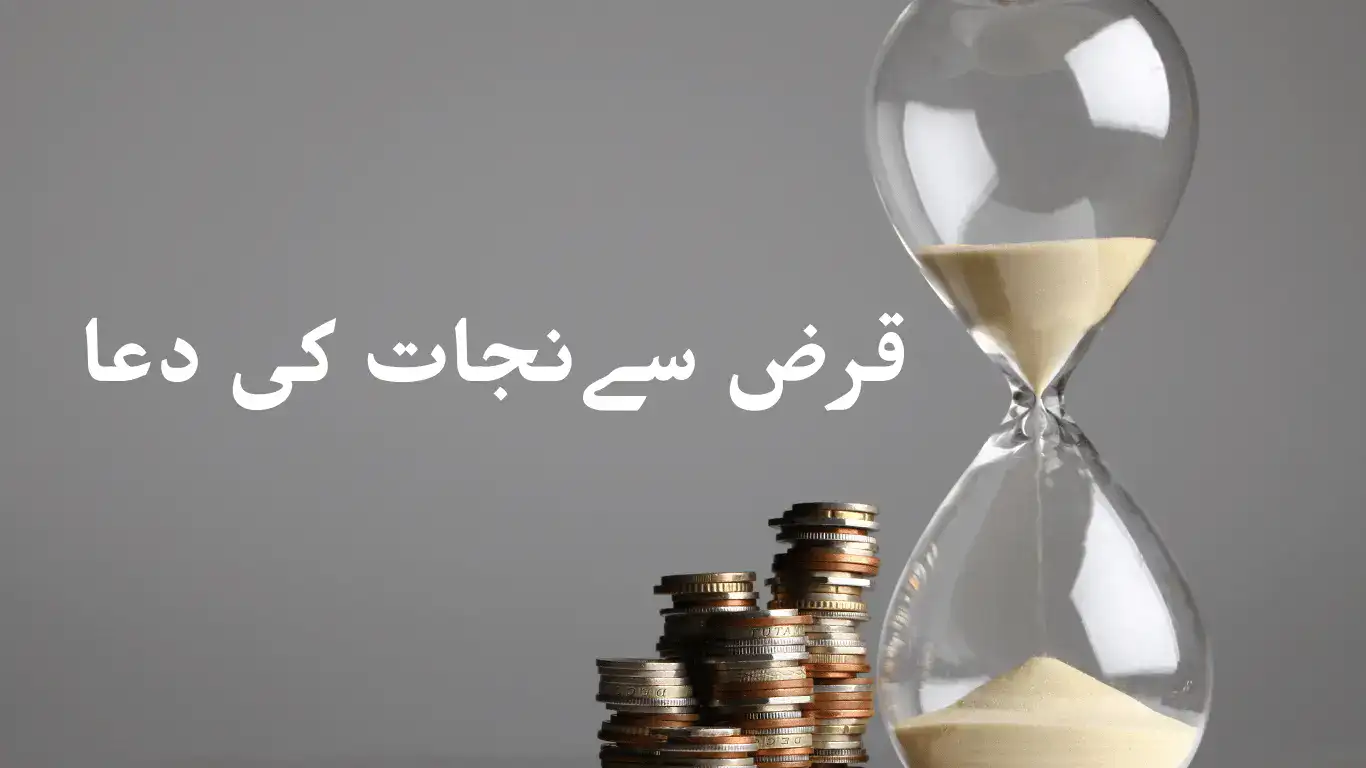Debt can be a significant burden, causing stress and anxiety in daily life. In Islam, there are specific prayers (duas) that can help alleviate financial difficulties and provide spiritual relief. One such dua is the Dua for Paying Off Debt (Karz Ki Dua), which is known for its effectiveness in seeking Allah’s help in clearing debts and overcoming financial obstacles.
Importance of Reciting Karz Ki Dua
The Karz Ki Dua is a supplication that calls upon Allah to aid in repaying debts and overcoming financial hardships. By reciting this dua with sincerity and trust in Allah, one can find peace and hope, even in the most challenging financial situations. It is believed that consistent recitation of this dua after every prayer can lead to divine intervention, making it easier to clear debts swiftly.

The Text of debt Ki Dua
Here is the full text of the Karz Ki Dua as found in the image:
Arabic:
بِسْمِ اللهِ الرَّحْمٰنِ الرَّحِيْمِ
اَللّٰهُمَّ اِنِّيْ أَعُوْذُ بِكَ مِنَ الْهَمِّ وَالْحُزْنِ وَأَعُوْذُ بِكَ مِنَ الْعَجْزِ وَالْكَسَلِ وَأَعُوْذُ بِكَ مِنَ الْجُبْنِ وَالْبُخْلِ وَأَعُوْذُ بِكَ مِنْ غَلَبَةِ الدَّيْنِ وَقَهْرِ الرِّجَالِ
English Translation:
“O Allah, I seek refuge in You from worry and grief, weakness and laziness, miserliness and cowardice, the burden of debts, and from being overpowered by men.”
Urdu Translation:
اے اللہ! میں پناہ مانگتا ہوں تجھ سے غم اور فکر سے، کمزوری اور کاہلی سے، بزدلی اور بخل سے، قرض کے بوجھ سے، اور لوگوں کے غلبے سے۔”
Benefits of Reciting Karz Ki Dua
- Relief from Anxiety and Stress: This dua helps in reducing the mental burden of debts and alleviates stress by invoking Allah’s help.
- Spiritual Strength: Reciting this dua regularly can increase one’s faith and reliance on Allah, enhancing spiritual strength.
- Overcoming Financial Difficulties: It is believed that Allah’s mercy can turn impossible situations into possible ones, easing the path to financial freedom.
| Rizq Ki Dua: Powerful Prayers for Abundance |
| Kabristan Mein Dakhil Hone Ki Dua |
| Rabbi Zidni Ilma |
| Naat MP3 Download | Free Islamic Naat’s |
How to Recite debt Ki Dua
- Regular Recitation: Recite this dua after every obligatory prayer. For better results, recite it seven times in the morning and evening.
- With Full Concentration: Recite the dua with complete focus, faith, and trust in Allah’s power to alleviate your financial burdens.
- Accompanied by Good Deeds: Pair the recitation with acts of charity, kindness, and a sincere effort to manage finances responsibly.
Additional Tips for Debt Relief in Islam
- Seek Allah’s Forgiveness: Frequently recite “Astaghfirullah” to seek forgiveness for any shortcomings that may be causing financial strain.
- Charity (Sadaqah): Giving in charity, even if small, can bring blessings and open the doors of Allah’s mercy.
- Avoid Unnecessary Debts: Strive to live within your means and avoid taking on unnecessary loans or debts.
FAQs:
Karz Ki Dua is significant because it is a direct supplication to Allah seeking help in overcoming the burden of debts. It is believed that regular recitation can provide both spiritual and practical relief from financial difficulties.
It is recommended to recite debt Ki Dua after every obligatory prayer. For more impactful results, it can be recited seven times in the morning and evening.
Yes, debt Ki Dua can be recited not only for debts but also for general financial hardships. Its verses cover broader issues of anxiety, stress, and the fear of financial burdens, making it a versatile supplication for various financial challenges.




